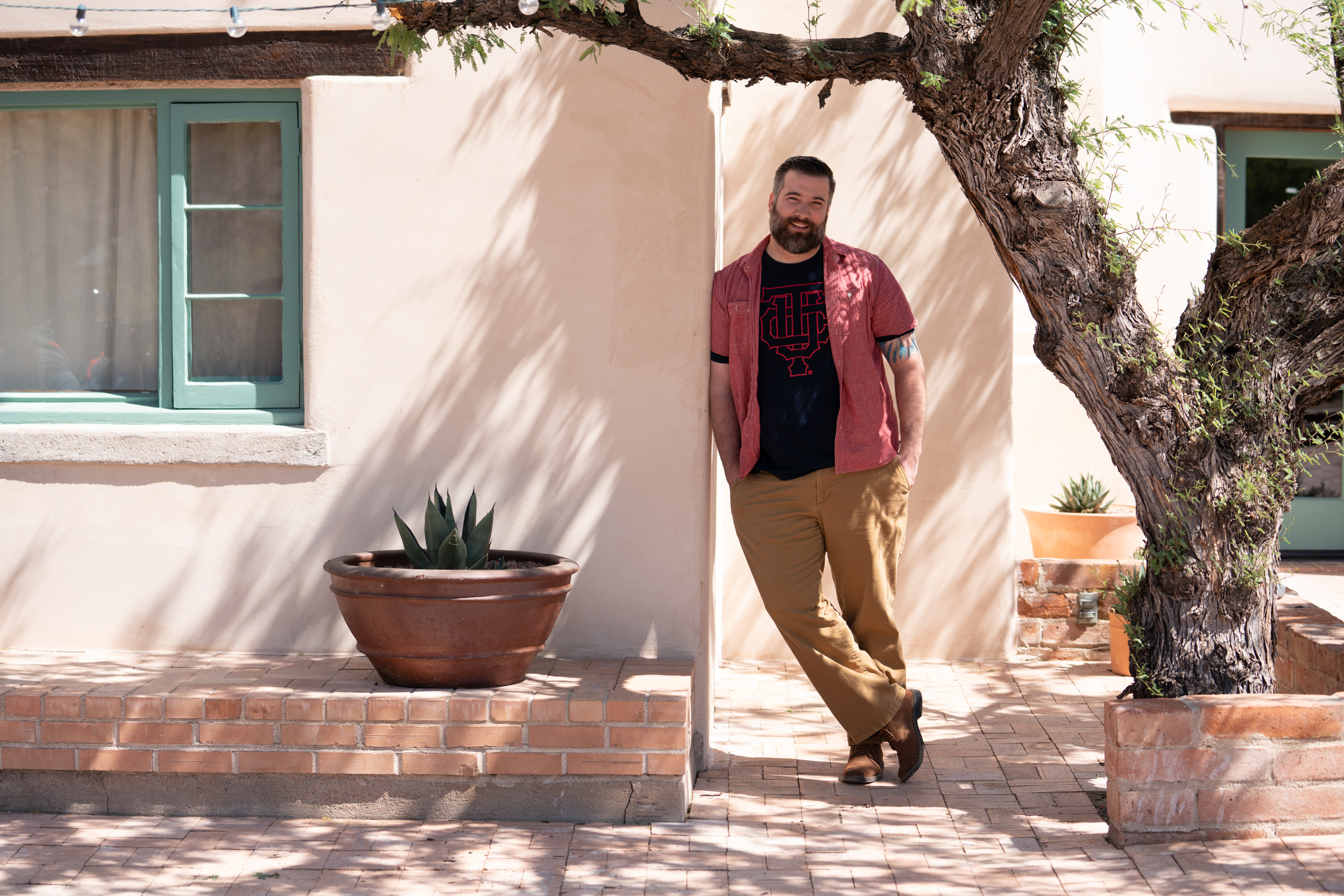Veterans’ Next Mission: Serving Those Who Served
4-minute read
Veterans’ Next Mission: Serving Those Who Served
4-minute read
Service members often face a whole new set of questions when they transition out of the military: What will my new life look like? What job do I want? Where will I live? And how do I manage my mental health while facing all these life-altering decisions?
In Season Two of the Make the Connection: Real Veterans. Real Stories. podcast, Veterans describe the challenges and opportunities they experienced after military service. This season’s theme is “My Next Mission,” and episodes focus on several different paths that Veterans took after transitioning out of service.
In the first episode, Stephen talks about what it was like going back to school after five years in the Army. It was a tough transition because it meant he not only had to adjust to his new, unstructured life outside of the military but also had to find his footing as a college student.
“In the military, we have so much structure and rigidity,” Stephen explains. He had grown accustomed to having strict schedules and clear expectations for getting things done. “And if I don’t do those things, I know that there’s consequences,” Stephen adds. “College can be different.”
Working with his VA care team, Stephen learned ways to manage his mental health and reframe his life experiences. He recalls viewing his education as his next mission.

Those hit times are now your classroom times and those deliverables are now your homework assignments. And those consequences are that you can fail.Stephen, U.S. Army Veteran
Counseling helped Stephen improve his ability to communicate. He let his professors know that he was dealing with posttraumatic stress disorder and might have to leave the classroom occasionally.
“Learning how to cope and talk and have conversations and be open was some of the best advice I got, for sure,” Stephen says. Because of that, “I really don’t have a whole lot of flare-ups or any more triggers that really present themselves. I think I’m fortunate in that respect.”
After college, Stephen started leading a team of mentors to help Veterans make the transition from service to college.
Giving back to the community — whether that means the Veteran community, the local community or something else — can be a meaningful way to find a new, fulfilling purpose after military service.
Serving those who served is a path that many other Veterans follow too, and it’s the topic of Episode Two of the podcast.
Ray, who spent three years as an Army infantry Soldier, appreciated the sense of camaraderie among his fellow infantrymen. It was a brotherhood he hadn’t experienced before. After serving, its absence created a hole in his life.
“Getting out of the military was very difficult for me,” Ray says. “I didn’t know how to adapt to the civilian life.” Without the job he was trained to do and without his brotherhood to support him, Ray suddenly felt lost in the world. “I was no longer doing something around other people that thought the same way that I do,” he says. “And I was just a civilian now. Somebody different. I chose to drink as a way to deal with life.”
Ray’s drinking cost him his relationship with his wife and children and his job with the federal government. He ended up homeless and was in and out of jail. “I became addicted to chaos,” he says.
When he was in jail on a charge of aggravated assault on a police officer, Ray was introduced to Veterans Treatment Court, a program that takes Veterans’ special circumstances into account and hands down sentences focused on treatment rather than punishment. The court ordered Ray to undergo mental health treatment, which led him to VA. That’s where he recognized the benefits of belonging to a community: Group therapy felt like the brotherhood he had experienced on active duty.
VA trained Ray to become a certified peer specialist so he could pass on what he learned to other Veterans. Ray also started a nonprofit organization that helps Veterans find hope by addressing their mental health challenges, and he rides motorcycles with Veteran bikers.
“When I’m riding in a group with my brothers, other Veterans that have gone through the struggles, that have been through the storm ... riding, side by side, living life — there’s something very different about it, something very special about it,” Ray says.
“Once you find your purpose and make peace with yourself, it gets a hell of a lot easier,” he adds. “And this is just the way I live my life now. It’s not a job; it’s just part of my life. Being able to help others.”
You can hear Stephen, Ray and other Veterans tell their own stories on the second season of the Real Veterans. Real Stories. podcast.

